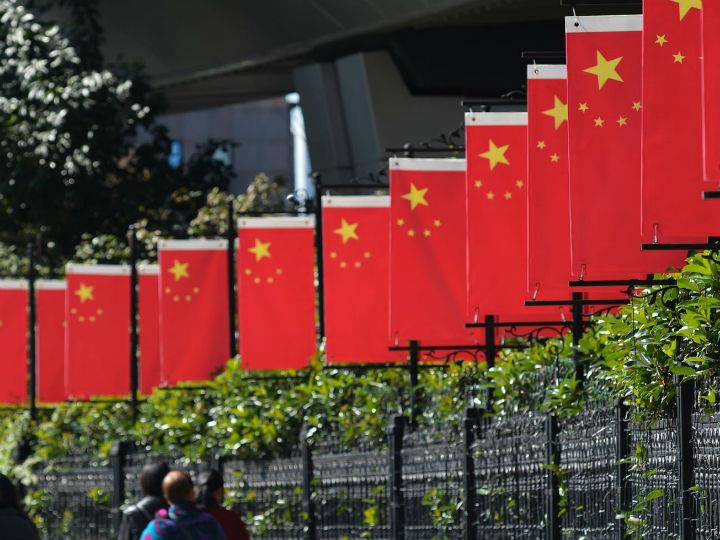N. Peter Kramer’s Weekly Column
These include neodymium, terbium and dysprosium, chemical elements that are indispensable for the production of magnets. These in turn are indispensable in engines for electric cars, for wind turbines, in household appliances and in the defence industry.
China restricted its global export in April, after the escalation of the trade conflict with the United States. Although European industry had stocked up on extra stocks, they are running out at a rapid pace. European Commissioner for Trade Maros Sefcovic spoke last week of an “alarming situation for the car industry in particular, but actually the entire industry in general”.
China is ‘lord and master’ of the rare earth market. It controls 70 per cent of the mining of the ores that contain the raw materials, 85 per cent of the refining and 90 per cent of the production of specific alloys and the magnets themselves.
The European Commission has been trying to reduce dependence on Chinese raw materials, magnets and batteries, including through the Critical Raw Material Act. It is not more than a drop in the ocean. Moreover, the Chinese raw materials and magnets are usually much cheaper than comparable products produced in European factories.
The outcome of the consultations between delegations of US President Donald Trump and his Chinese counterpart Xi Jinping in London is eagerly awaited. Beijing wants the export restrictions imposed by the US lifted for re-releasing the export of rare earth and magnets. Conclusion, in the global race for raw materials China dominates, America charges and the EU lags behind.






